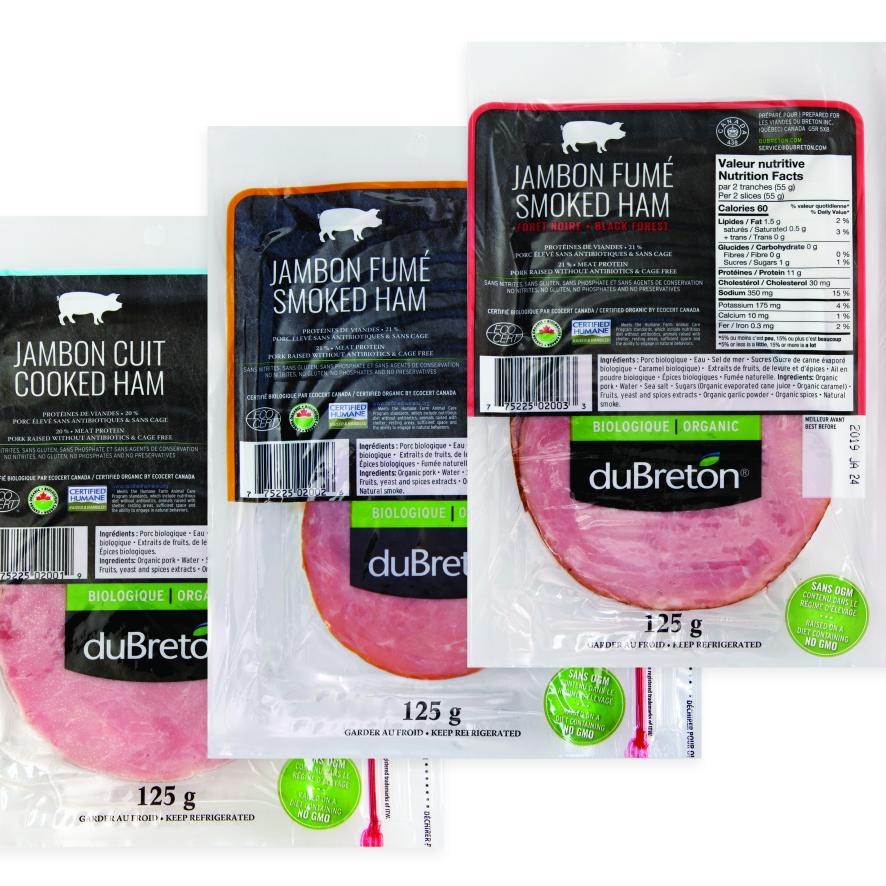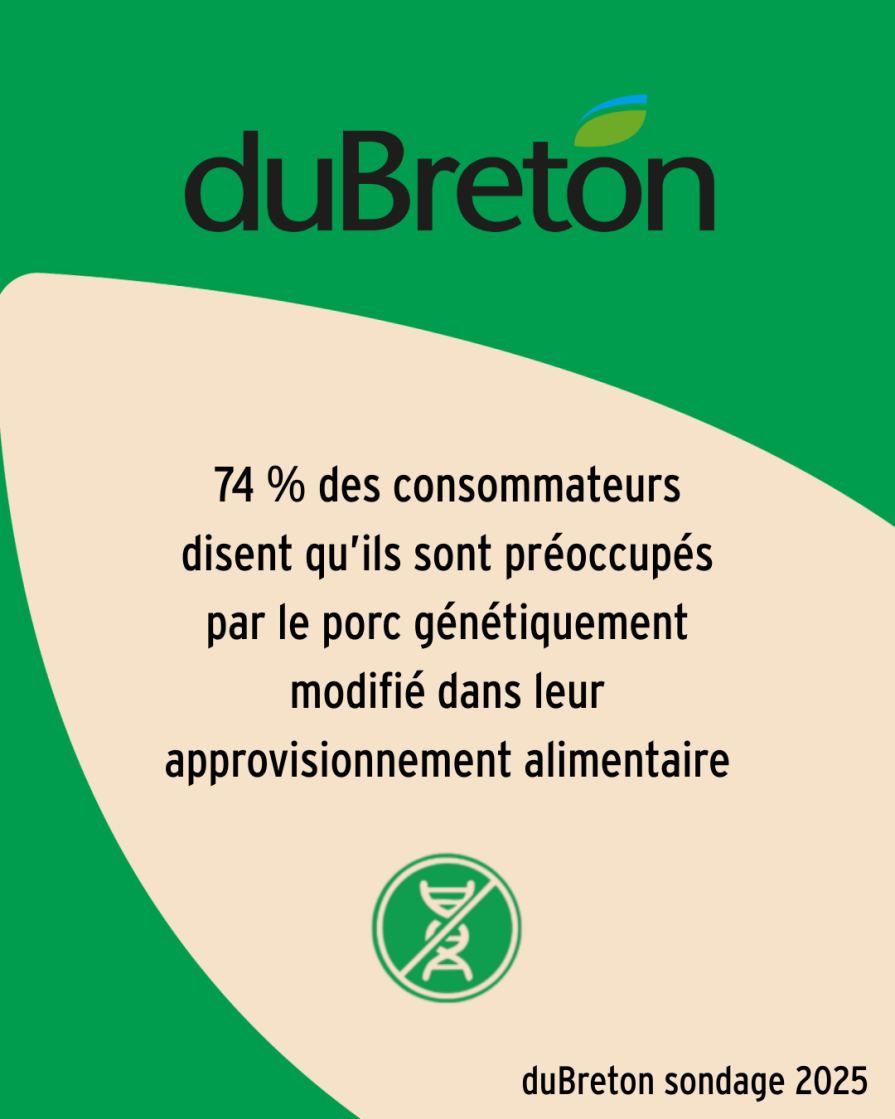Consumption of deli meats, what should we understand?

In the spotlight for a few days, the study of the French National Agency for Food Safety (ANSES) confirms the association between the risk of colorectal cancer and exposure to nitrites. If they are not the only elements involved in this multifactorial disease, it seems reasonable to limit their consumption.
First, what are nitrites and where are they found?
Nitrate and nitrite are compounds found everywhere in the environment. They form naturally in the air, water, soil, plants and even our bodies. They are also produced by agricultural activities and wastewater treatment. In Canada, food accounts for 87% of our nitrate and nitrite intake and drinking water accounts for an average of 13%.
What is the difference between the two?
Nitrate and nitrite are related substances. In fact, nitrate can be converted to nitrite by the action of bacteria. In Canada, both are permitted under the Food and Drug Regulations as preservatives in the manufacture of prepared meat products and cheeses. However, in order to exert its preservative action, nitrate must first be converted to nitrite.
What has duBreton been doing since 2013?
Recognizing the health effects of nitrite, the product development team worked to find a way to avoid the use of nitrite in its sliced hams. We came up with a combination of fruit extracts that provide the same benefits as nitrites and nitrates, but without the drawbacks. Coupled with a high pressure pasteurization (HPP) packaging process, our sliced hams maintain quality and freshness without the use of added nitrites.
The use of fruit extracts and a high-pressure pasteurization process (HPP), ensuring the inactivation of bacteria, are among the recommendations made by the ANSES study.
Conclusion
The ANSES study proposes alternatives for the preservation of deli products and these are the ones that duBreton has used for many years. We have chosen not to add any nitrite to our hams and to use only organic ingredients for our duBreton organic hams. How to recognize added nitrites? They can be found in the list of ingredients under the names sodium nitrite or cultured celery juice. Don't hesitate to read the labels to be informed.




